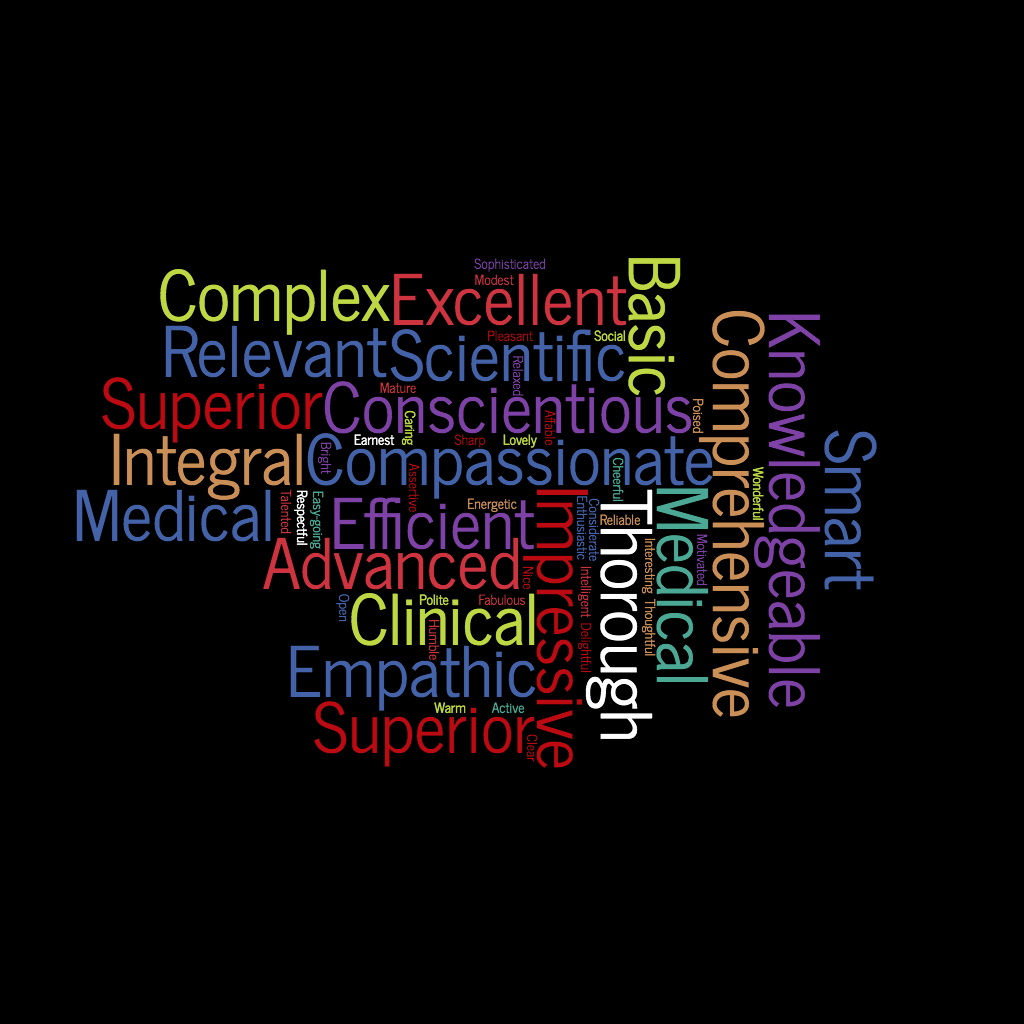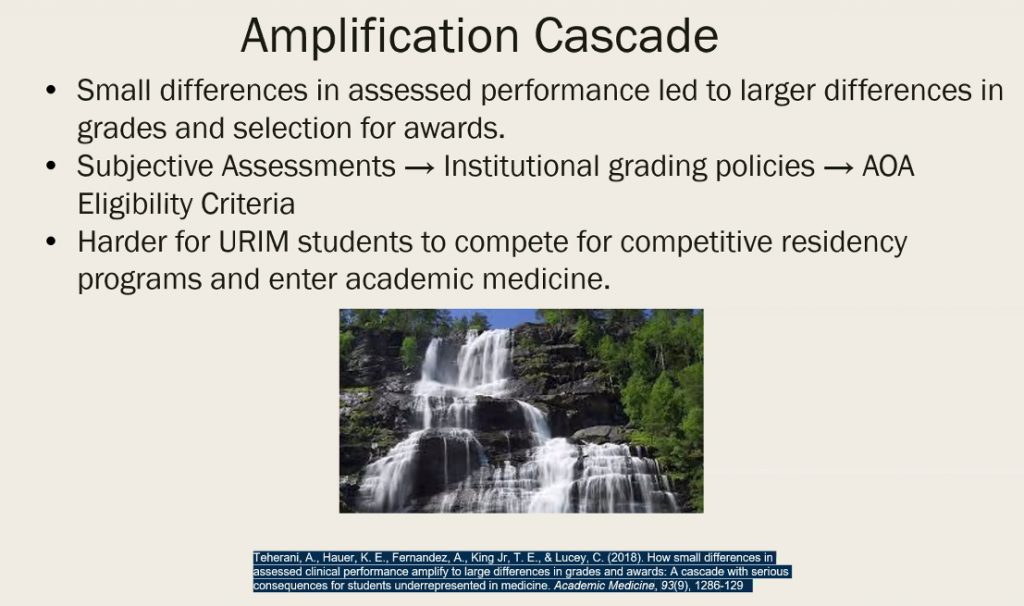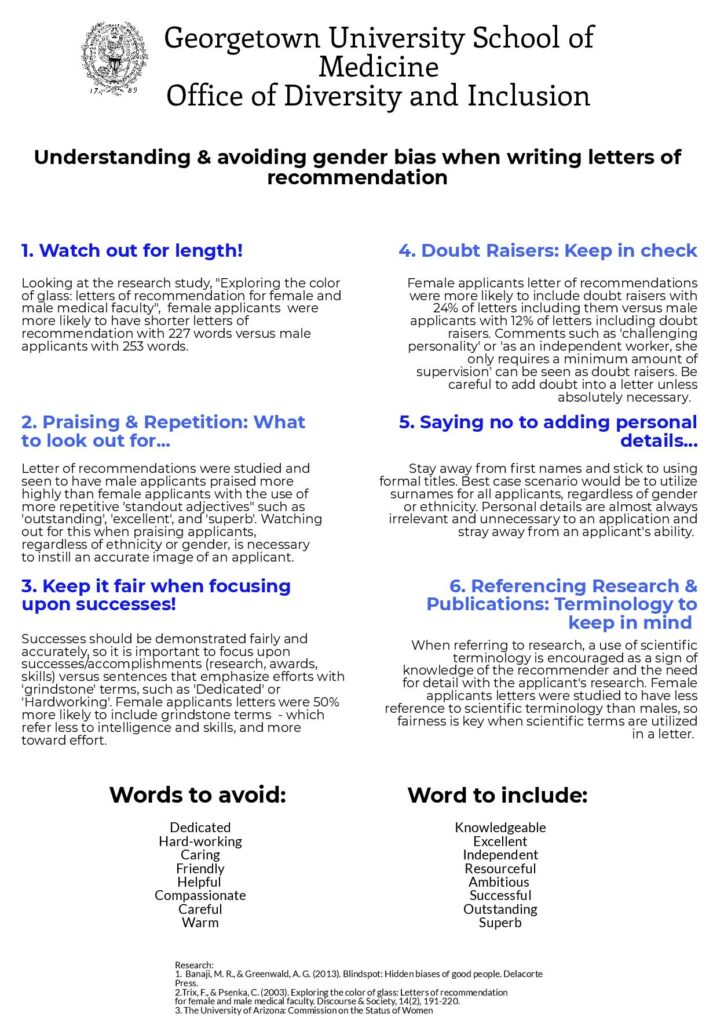Bias in Clerkship
Bias in Clerkships is a National Problem

What is Clerkship Bias?
Bias is an attitude that projects favorable or unfavorable dispositions toward people. While few of us would use bias intentionally, we all have implicit/unconscious biases, which may, without our cognition, be impairing our ability to evaluate student performance in an impartial manner. This becomes especially important in the clerkship environment as grades associated with resident selection and performance can be largely based on resident’/attendings’ subjective ratings.
Evaluations may be negatively influenced by unconscious biases. Persons of color and women systematically receive lower evaluations, even when there are no differences in performance. Unconscious biases can also influence perceptions of sexual orientation, gender identity, ability, religion/spirituality, nationality, and socioeconomic status. We ask that all evaluators resist stereotypes to ensure balanced evaluations.

Studies on Bias
Study 1: Published 2019
Study 2: Published 2017
Study 3: Published 2019
Amplification Cascade Effect

Georgetown is No Exception. Here’s What We’re Doing
“[Clerkships] can be tough because if you click with or fail to click well with your team, it feels as though this impacts the grade, when sometimes this is just a result of personalities not melding, which is normal and human. I have observed students on rotation with me, who have more in common with preceptors, be invited to see more, get more mentorship, and just generally get engaged in conversation more.”
Quote from a 2021 Student Survey on Clerkship Experience

Solutions to Mitigate Bias
Additional Resources:
- UCSF Gender Differences in Medical School Evaluations: Link
- AAMC: Healing a Broken Clerkship Grading System: Link
- Harvard Implicit Association Test: Link
- Vox article on Microaggressions: Link
- NPR Podcast on Microaggressions: Link
- Dr. Derald Wing Sue’s video on Microaggressions: Link
- Complementary talk on providing verbal feedback (part 1, part 2 in development): Link
- UCSF Equity in Assessment Guidelines and Checklist: Link

